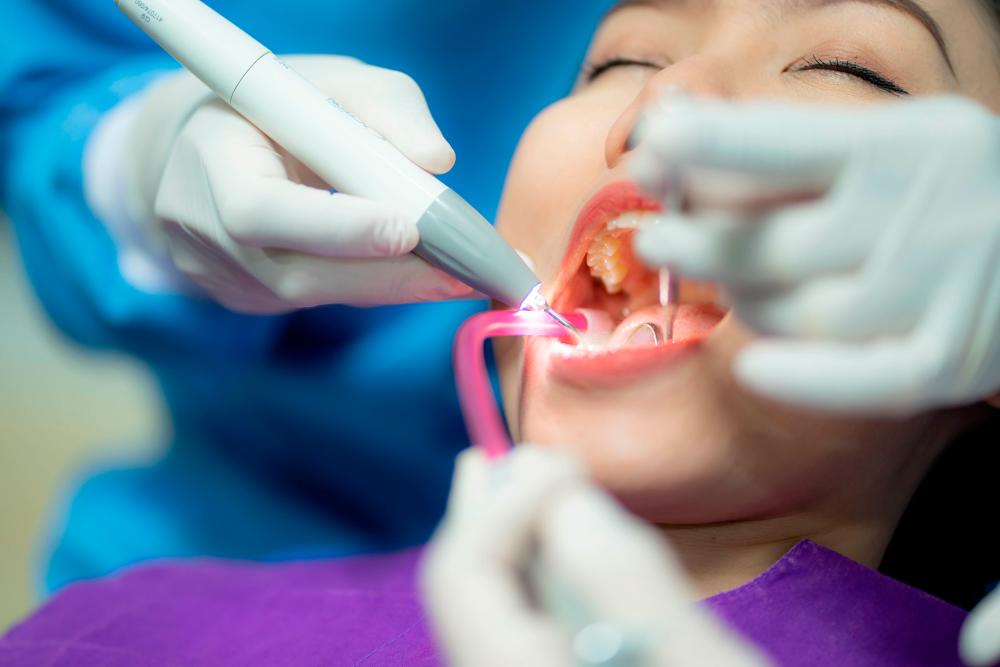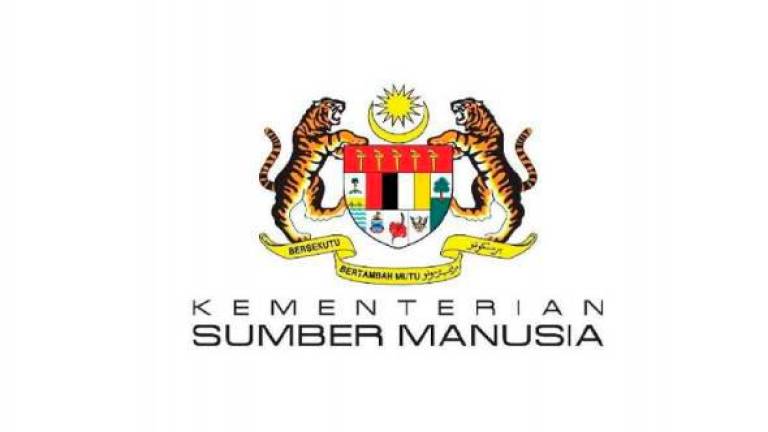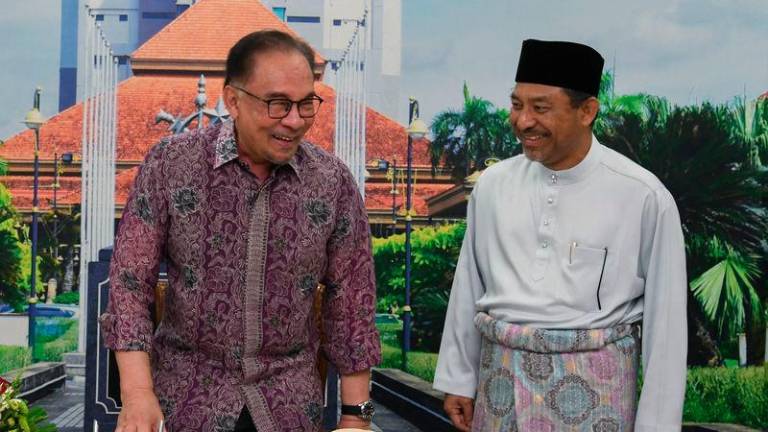DURING Ramadan, Muslims will fast from sunrise until sunset, which can lead to dehydration and dry mouth. This condition, characterised by decreased saliva production, not only contributes to halitosis (bad breath), but also increases the risk of tooth decay. Saliva is an integral part in the prevention of tooth decay, as it has cleansing effect, buffering ability and antibacterial action. The reduced protective effects of saliva during this time highlight the need for heightened oral health awareness and care.
Ramadan bazaars offer a variable of delightful delicacies and sugary beverages. While these bazaars are closely associated with the Ramadan experience, they also pose potential risks to dental health. The high sugar content in many of these indulgences can lead to tooth decay, especially when combined with the diminished saliva production caused by dehydration due to fasting.
Many Muslims may hesitate to seek dental treatment during Ramadan, fearing that procedures involving water might inadvertently break their fast. Many patients tend to postpone their dental treatment to after Ramadan, even though assurance was given by the dentist that proper water suction or moisture control will be performed throughout the procedure. Patients who have toothache resorts to consuming painkillers when they break fast, to avoid going to the dentist during Ramadan.
However, most dental treatments, including emergency care, do not necessitate breaking the fast. According to guidelines released by the Department of Islamic Development Malaysia, dental treatment would not interfere with fasting as long as the patient does not purposefully swallow anything while receiving treatment.
Dental professionals understand the importance of this and can offer guidance on managing oral health without compromising religious practices. It is crucial to remember that oral health is integral to overall health and spiritual well-being.
By adopting good oral hygiene practices — brushing twice daily with fluoridated toothpaste, flossing and increasing water intake outside fasting hours, we can prevent dental issues and uphold our commitment to health. This proactive approach not only ensures a radiant smile for the Aidilfitri celebrations but also aligns with the global call to action for better oral health for all.
This article is contributed by Dr Sofya Zulkiffli, Assoc Prof Dr Noor Azlin Yahya and Dr Anas Hakimee Ahmad Ubaidillah who are restorative specialists at the Restorative Department, Faculty of Dentistry, Universiti Malaya.










